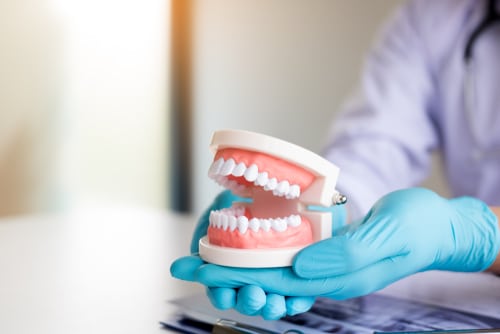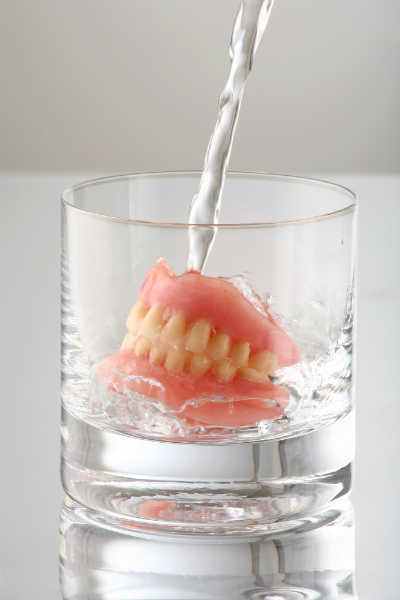What you need to know about dentures
Dentures continue to be an affordable way for patients to repair the smile after tooth loss. At Broadway Family Dentistry, Drs. Stanley Hirst and Bethany Jensen can educate you on […]
What you need to know about dentures Read More »




